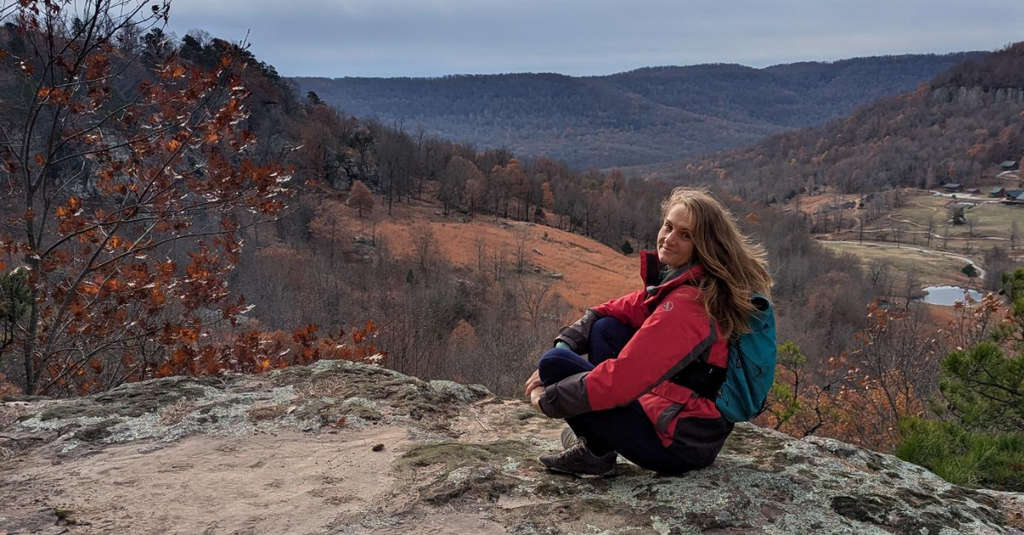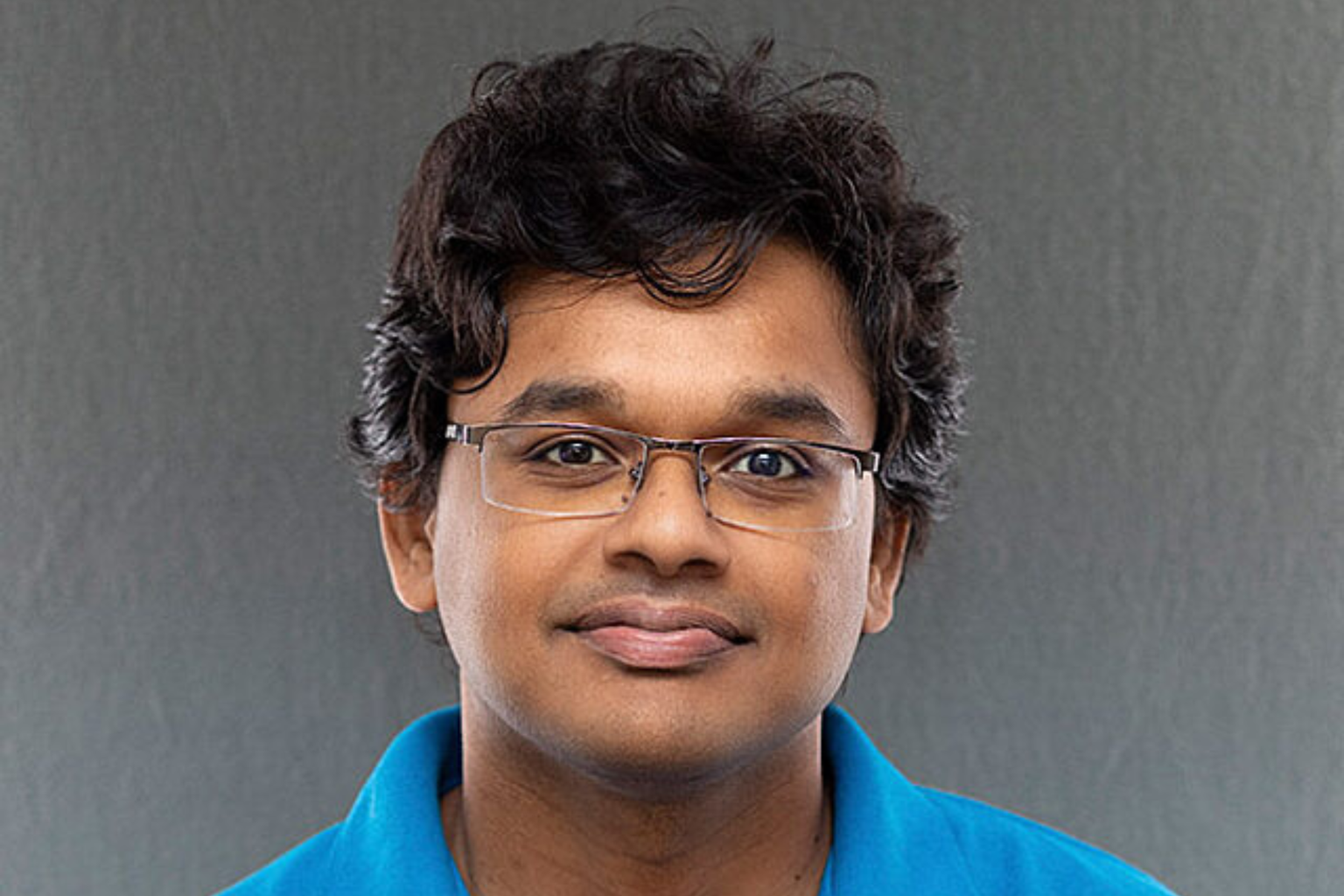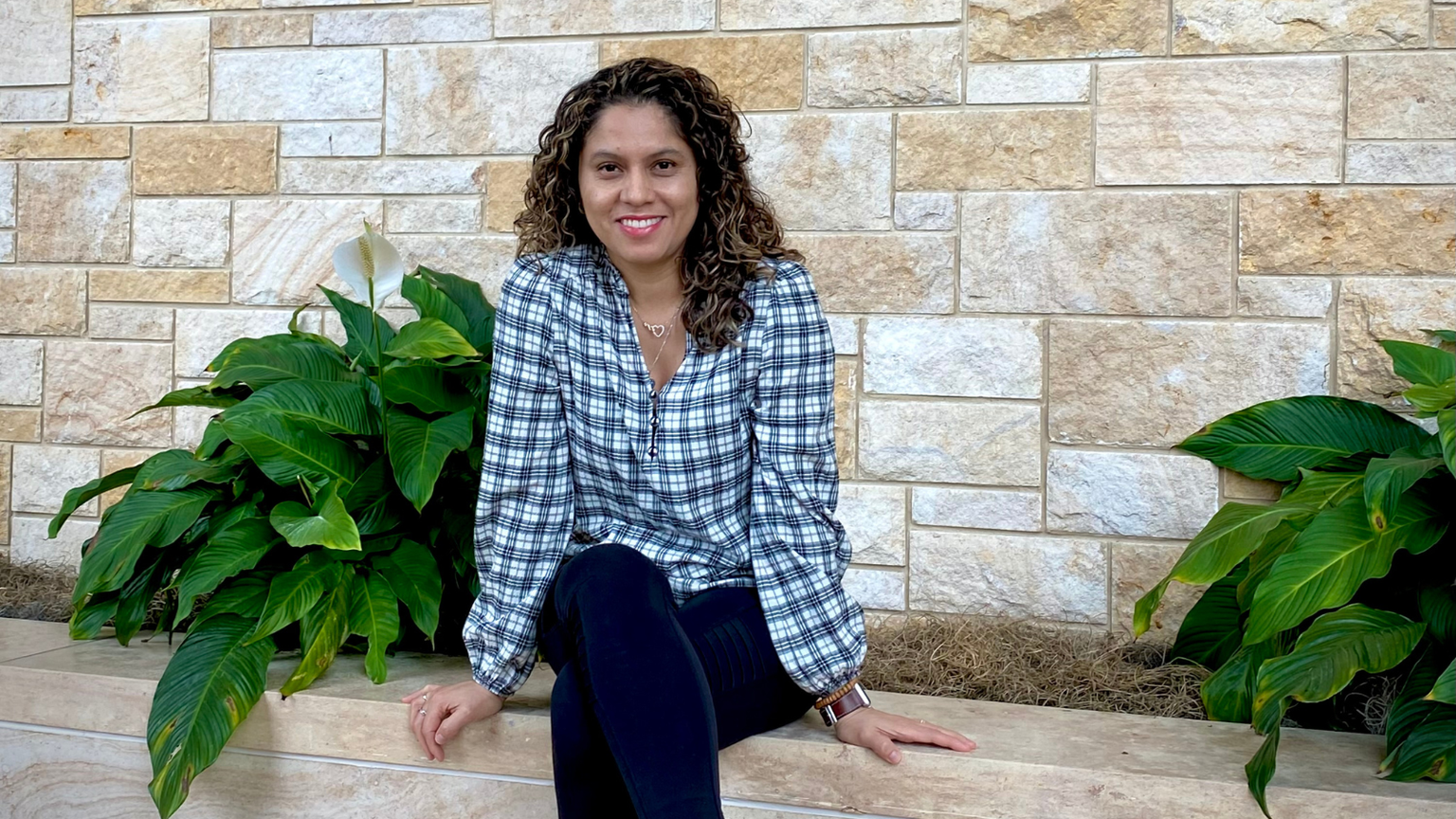News

17 December 2024
Postdoc Profile: Q&A with Aurelie Hintermann, Postdoc in the Piotrowski Lab
"I hope to continue collaborating with curious and passionate scientists, sharing in their enthusiasm."
Read Article
News
"In the end, the Stowers Institute was the perfect combination of an amazing mentor and an amazing institute."

What is your current research focus and why?
Some genes in our body, called selfish genes, spread without providing any benefit to our health. In fact, about half of our genome consists of these genes, which can sometimes have negative effects. Fortunately, our cells have developed ways to suppress them, but this evolutionary battle may have come at a cost. The adaptations that protect us from selfish genes could have unintended consequences, potentially contributing to health issues as we live longer.
My research focuses on understanding how the conflict between selfish genes and their host cells impacts other cellular processes, particularly DNA repair and replication. While it's known that cells make sacrifices to control selfish genes, new technologies now allow us to design experiments that uncover deeper insights into how this type of genetic conflict may have shaped our own evolution.
Growing up, what career did you want to pursue?
I always wanted to pursue a career that provided the freedom to “tinker.” Initially, I liked chemistry, and then I was interested in particle physics. Finally, I discovered my passion for molecular biology. The idea that we are kept alive by millions of tiny machines is still mind-blowing to me, even after all these years.
When and how did you become interested in a career in science?
Perhaps during high school, although I didn't know such a job existed back then. I just kept searching for options that gave me the freedom to experiment with new ideas. This led me to grad school where I learned the various paths that would lead to a career in research.
What made you decide to join the Zanders Lab at the Stowers Institute?
I wasn’t aware that investigators who mechanistically study evolution existed until the latter half of my Ph.D. I discovered SaraH Zanders’ lab and thought her research related to understanding the mechanisms of evolution was amazing, to say the least. It puts a lot of quirky biological observations into perspective. SaraH not only has impressive ideas and conducts impactful research on evolution, but she is also a very cool and supportive mentor. Beyond her lab, the Technology Centers at the Stowers Institute offer endless support and opportunities for collaboration. In the end, the Stowers Institute was the perfect combination of an amazing mentor and an amazing institute.
What is your favorite non-research related memory at the Stowers Institute so far?
The music events held in the library are a lot of fun. I enjoy them a lot.
What is your favorite thing to do in Kansas City?
I love biking and hiking. There are so many beautiful trails!
Where do you see yourself in 10 years?
I would like to open a lab to pursue exciting ideas on mechanisms of evolution while also mentoring early-career scientists.
What advice do you have for other people curious about a career in science?
Science can be a lot of fun, but progress in science takes time. Almost every experiment in science fails the first few times. I would encourage those who are curious about a scientific career to seek out a good mentor and complete an internship to see if research is something they could envision doing long-term.
News

17 December 2024
"I hope to continue collaborating with curious and passionate scientists, sharing in their enthusiasm."
Read Article
News

21 February 2024
Q&A with Emma Rangel-Huerta: "Follow your heart! Never lose passion for exploration."
Read Article
